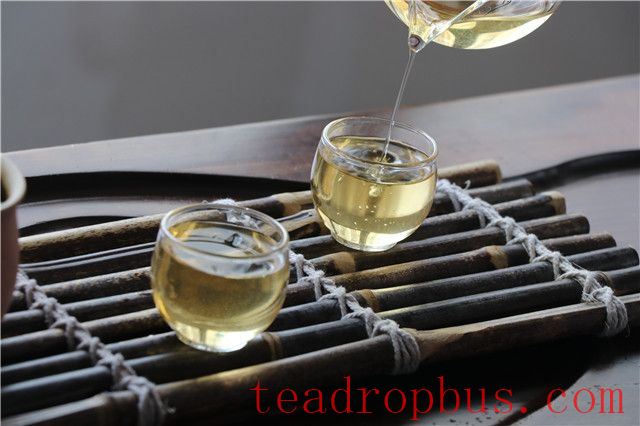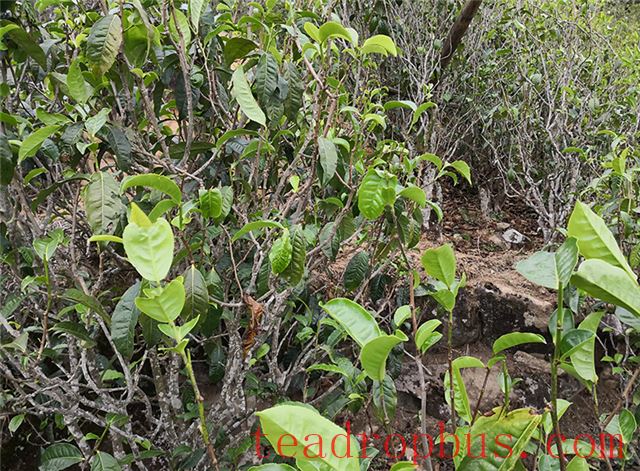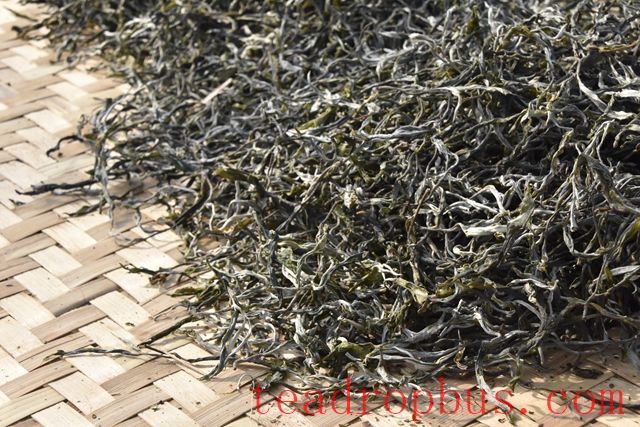Mansong tribute Tea is considered a gem among Yunnan Pu'er teas. It stands out from other Pu'er teas with its unique taste and small-leaf variety, captivating many enthusiasts.

The Mansong tribute tea region is located in the Xiangming Yi Autonomous Township of Mengla County, comprising three ancient tea gardens, with Prince Mountain being the core production area. The area boasts pristine mountains and forests, with an excellent natural environment that has remained largely undisturbed.
The soil in the Mansong ancient tea mountain is unique, consisting of purple-red weathered shale. This “decayed stone soil” enriches the tea leaves with abundant internal substances, imparting a distinctive freshness and aroma.

Mansong tea was discovered and presented to Emperor Xianzong during the Chenghua period of the Ming dynasty, becoming a royal tribute tea, a tradition that continued into the Qing dynasty. Its status as a tribute tea is also recorded in the “Pu'er Prefecture Annals.”
However, by the late Qing Dynasty, due to various reasons, the Mansong tribute tea gradually faded into obscurity. The former Mansong tribute tea gardens suffered through wars, epidemics, and deforestation, leaving only a limited number of Mansong ancient tea trees today.

The remaining hundreds of Mansong ancient trees on Prince Mountain are now protected. Although their yield is extremely low, these ancient tea trees possess the qualities of rare Pu'er teas.
The buds and leaves of the Mansong ancient tea tree are plump and tender, shaped like bird beaks, with a verdant green color. The tea soup is sweet and fragrant, with a smooth mouthfeel, rich aroma, and transparent body sensation. It is hailed as the pinnacle of teas and truly embodies the “royal taste.” It has also won multiple championships at local tea competitions, underscoring its unique status.